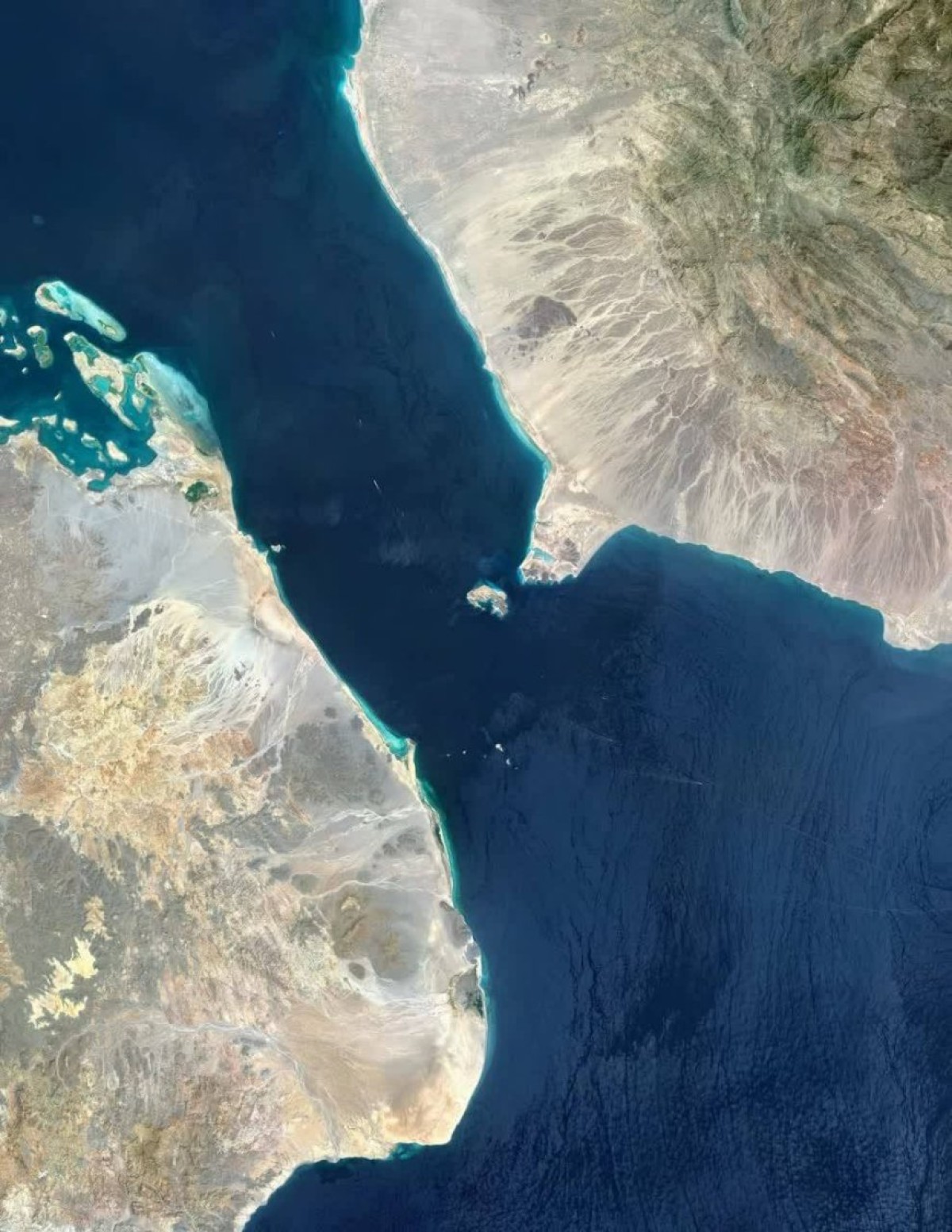 195
195
The Red Sea Crisis: A Ticking Time Bomb for Global Food Security?
The Red Sea Crisis: A Ticking Time Bomb for Global Food Security?
The volatile state of affairs in the Middle East since October 7th, 2023, continues to grow worse with the conflict between Israel and the Palestinian resistance groups taking center stage. In fact, the region finds itself plagued by a confluence of crises, including attacks on US military bases, assaults by Yemenis across the Red Sea on vessels bound for the Israeli port of Eilat, Iranian missile strikes on positions in northern Iraq, Syria, and Pakistan, and Israel's recent raid on Damascus, resulting in the loss of five Iranian military advisors.
By: M. Sharifi
One cannot help but ponder the potential repercussions of these escalating tensions on the global economy. The Middle East holds a pivotal position as a main energy supplier and a crucial shipping route, making any tremors felt in the region reverberate worldwide. The Arab-Israeli war of 1973 provides a stark reminder of the far-reaching impact such conflicts can have, as it precipitated an oil embargo and ushered in years of stagnant inflation in western economies.
Reuters has recently shed light on the possibility that a military conflict in the Middle East could force western central banks to grapple with emerging inflationary trends and obliterate the economic confidence painstakingly fostered in the aftermath of the COVID-19 pandemic. The United Nations has also highlighted the ramifications of the attacks in the Red Sea, which have led to a surge in all accommodation prices.
In the past few days, Ian Hoffmann, United Nations’ Chief, Trade Logistics Branch, Division on Technology and Logistics (UNCTAD), sounded the alarm over the escalation in shipping costs and the overall price surge precipitated by the attacks in the Red Sea. The Yemeni raids on Israeli ships passing through the critical Bab-el-Mandeb Strait, which serves as a lifeline for the transportation of fuel and goods between Asia and Europe, have prompted major players in the shipping industry to temporarily suspend their activities in the region.
Moreover, Hoffmann warned that the volume of trade through the Suez Canal has plummeted by a staggering 42% over the past two months since the onset of Yemeni attacks. Concurrently, other major trade routes find themselves under severe duress. Notably, transit through the Panama Canal in December decreased by 36% compared to last year and by a staggering 62% compared to two years ago. Ships bear the responsibility of carrying approximately 80% of global goods, a figure that rises exponentially for developing nations. Alas, the Red Sea crisis has severely disrupted the maritime trade of vital commodities such as wheat, originating from Europe, Russia, and Ukraine. Consequently, consumers face inflated costs, and the world's food security teeters on the brink of looming catastrophe, particularly in East Africa, South, Southeast, and East Asia, which are heavily reliant on grain imports from Europe and the Black Sea.
The Middle East’s status as one of the primary hubs of oil production and transportation exacerbates the already dark landscape. Any escalation of the conflict could disrupt oil supply routes, leading to reduced production, as concerns surround the security of the Middle East’s maritime, through which a substantial portion of global oil shipments traverse, thereby compromising the availability of essential commodities on a global scale. Consequently, prices for food, fuel, and other goods may skyrocket. Furthermore, military conflicts invariably worsen existing humanitarian crises as they result in mass displacement, infrastructure destruction, and economic instability, ultimately magnifying the burden on individuals and communities. It is crucial to recognize that the extent of these effects hinges on the duration, intensity, and geographical scope of the conflict.
In conclusion, the ongoing Middle East conflict casts an ominous shadow over the global economic landscape. The repercussions of escalating tensions extend far beyond the region itself, with potential ramifications for energy supplies, shipping routes, and the affordability of basic necessities worldwide.
 195
195
Comment
Post a comment for this article